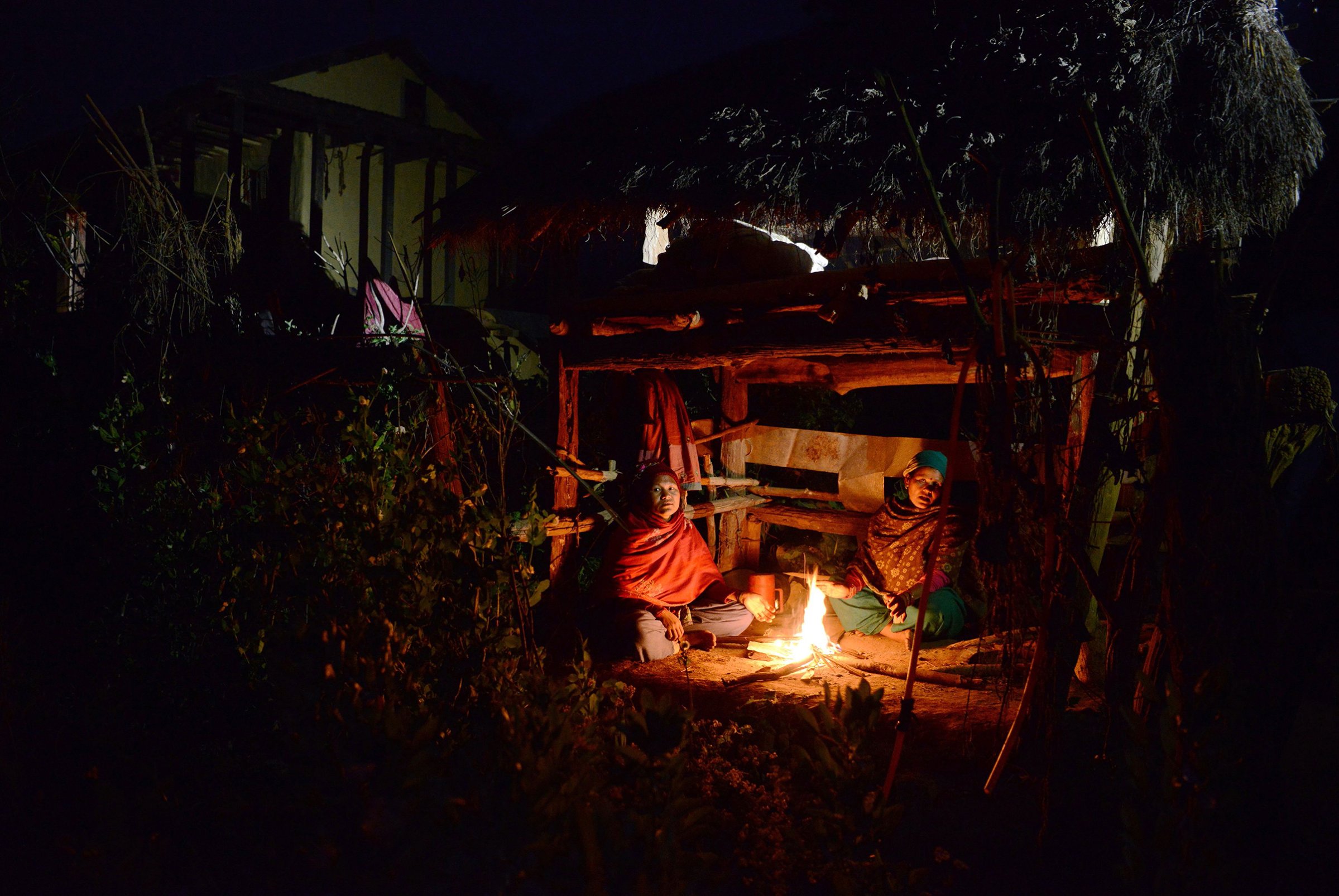
On Aug. 9, Nepal criminalized the practice of relegating women to huts when they are menstruating. The new law, which comes into effect in August 2018, stipulates that anyone enforcing the custom, known as chhaupadi, will face a three-month jail sentence and a fine. Here’s more.
HISTORICAL CUSTOM
Ancient Nepalese tradition dictates that women must be sequestered to small animal sheds outside their homes during menstruation or after childbirth, as they are considered to be impure. For a couple of days to a month, women are barred from entering homes and temples and are forbidden to touch men, cattle or some foods.
STILL WIDESPREAD
Nepal’s supreme court ruled that chhaupadi was illegal in 2005, but the ban has been widely flouted. According to a ’10 local government survey, one-fifth of all women ages 15 to 49 were banished during their periods, including up to 50% in the mid- and far-western regions. A local poll found that only 40% of people in the midwestern region even knew of the ban.
DEADLY CONSEQUENCES
The U.N. says chhaupadi leaves women susceptible to illness, rape and animal attacks. Since last November, five women have died while in exile, according to a nonprofit working in the western region. Activists have applauded the decision to criminalize the practice but are concerned that it might not be enough to stamp out a custom that has deep roots in Hindu scripture.
More Must-Reads from TIME
- Donald Trump Is TIME's 2024 Person of the Year
- Why We Chose Trump as Person of the Year
- Is Intermittent Fasting Good or Bad for You?
- The 100 Must-Read Books of 2024
- The 20 Best Christmas TV Episodes
- Column: If Optimism Feels Ridiculous Now, Try Hope
- The Future of Climate Action Is Trade Policy
- Merle Bombardieri Is Helping People Make the Baby Decision
Contact us at letters@time.com